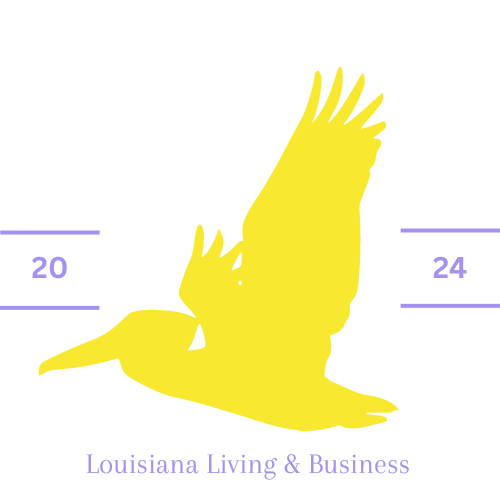How New Orleans Gave Rise to a Global Sound
Published by Louisiana Living and Business
When the World First Heard Jazz, It Was in New Orleans
In the heart of Louisiana, something extraordinary happened in the early 20th century—a city filled with cultural collisions, diverse rhythms, and unmatched energy gave birth to a brand-new sound: jazz. This wasn’t just a musical movement. It was a full-blown cultural revolution. And it all started in New Orleans.
From the lively parades of the French Quarter to the dimly lit clubs on Basin Street, jazz became the soul of New Orleans—a city unlike any other in America or the world.
Why New Orleans?
New Orleans was—and still is—a melting pot of cultures. French, Spanish, Caribbean, African, and American influences all coexisted here in a vibrant, chaotic harmony. At the turn of the 20th century, New Orleans was home to freed slaves, immigrants, and Creoles, many of whom were deeply rooted in musical traditions from across the globe.
But what made New Orleans different was that it encouraged musical cross-pollination.
-
African rhythms met European brass.
-
Caribbean beats intertwined with classical and church hymns.
-
Blues and ragtime merged with spirituals and folk storytelling.
In Storyville—the city's red-light district—musicians played for crowds that demanded innovation and emotion. This wasn’t about reading sheet music; this was about feeling every note, and playing something new every night.
The Rise of Jazz Legends Like Louis Armstrong
No conversation about jazz—and certainly no conversation about New Orleans—is complete without mentioning Louis Armstrong.
Born in 1901 in a rough neighborhood known as “The Battlefield,” Armstrong’s early life was marked by hardship. But through the music he heard on the streets and in church, he found joy. By age 11, he was already playing a cornet given to him at the Colored Waif’s Home for Boys. His rise from street performer to world-famous musician represents the quintessential New Orleans story: rough edges, bold improvisation, and a relentless heartbeat of rhythm.
Louis Armstrong didn’t just play jazz—he transformed it. His gravelly voice, impeccable timing, and emotional depth brought jazz to mainstream America. He carried the New Orleans spirit into clubs in Chicago, New York, and eventually the entire globe.
New Orleans Jazz: A Sound That Shaped the World
Jazz from New Orleans did something few genres have done—it broke every rule.
-
Improvisation became king.
-
Musicians played off of each other rather than following a strict structure.
-
It celebrated individuality and freedom, reflecting the soul of the city it was born in.
As jazz traveled north with the Great Migration, it influenced blues, rock 'n' roll, R&B, soul, funk, and even hip-hop. New Orleans became ground zero for American musical innovation.
And still today, you can hear those original sounds spilling out of Preservation Hall, wafting down Frenchmen Street, and being carried in second-line parades. Jazz is not history in New Orleans—it’s alive and breathing.
The Lasting Impact on Louisiana’s Economy and Identity
Beyond its cultural impact, jazz helped shape Louisiana’s creative economy. Tourism, one of New Orleans’ biggest industries, is directly linked to its jazz heritage. Festivals like the New Orleans Jazz & Heritage Festival bring hundreds of thousands of visitors annually, infusing local businesses, artists, and restaurants with revenue and exposure.
The musical legacy of Louisiana also extends into education, with institutions like the University of New Orleans offering formal jazz studies, preserving and advancing the genre for future generations.
Why It Matters Today
In a world that moves fast and forgets quickly, jazz reminds us of something timeless:
Art comes from struggle. Greatness comes from collaboration. And freedom is best expressed through rhythm.
New Orleans jazz remains a symbol of Louisiana pride, creativity, and resilience. It’s a story that began in the streets but echoes in concert halls across the world.

